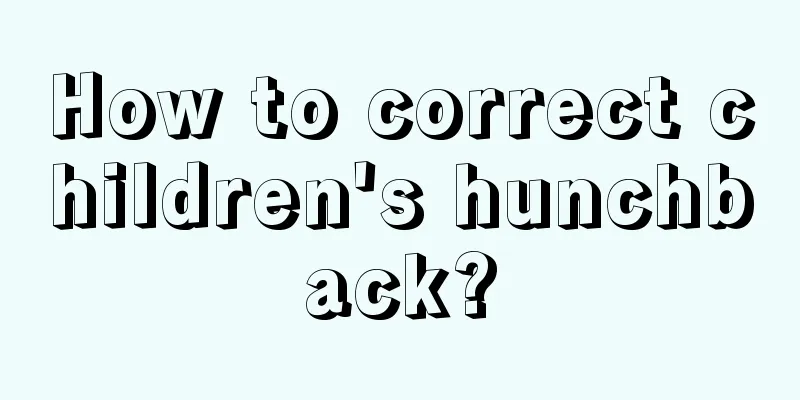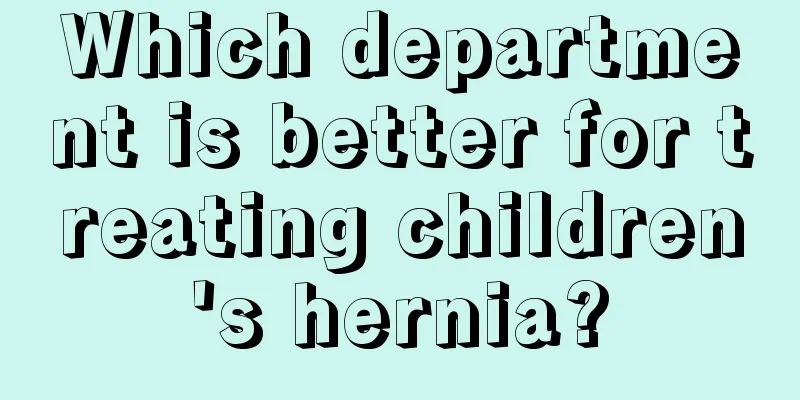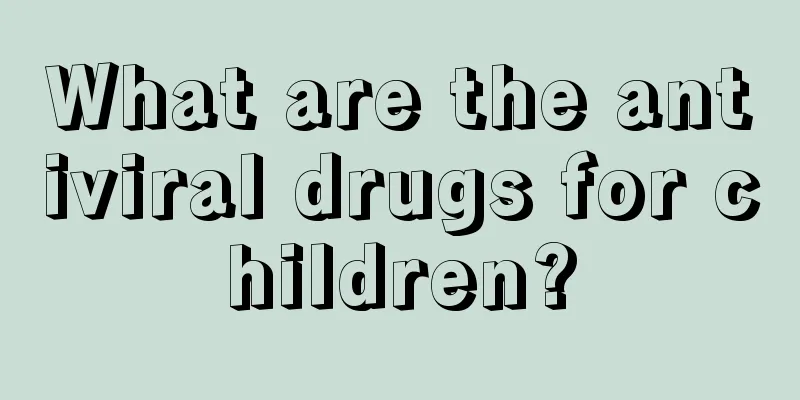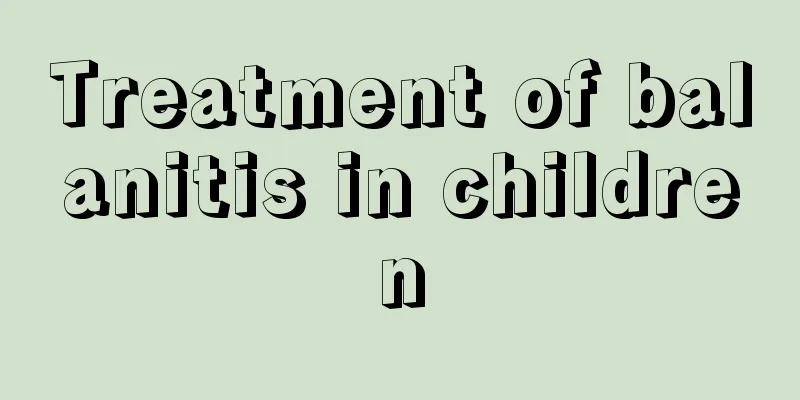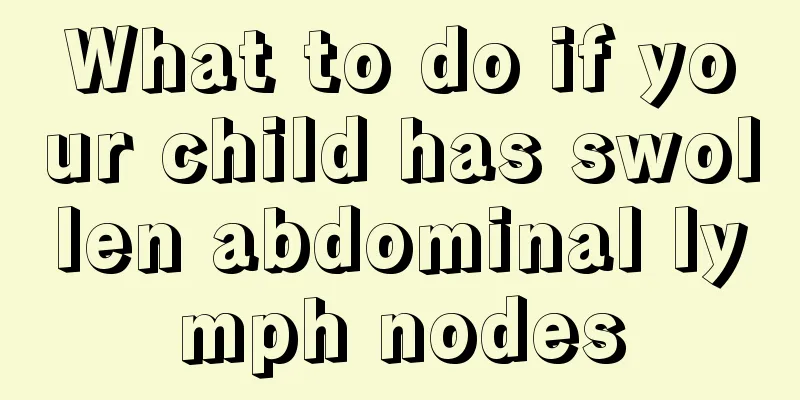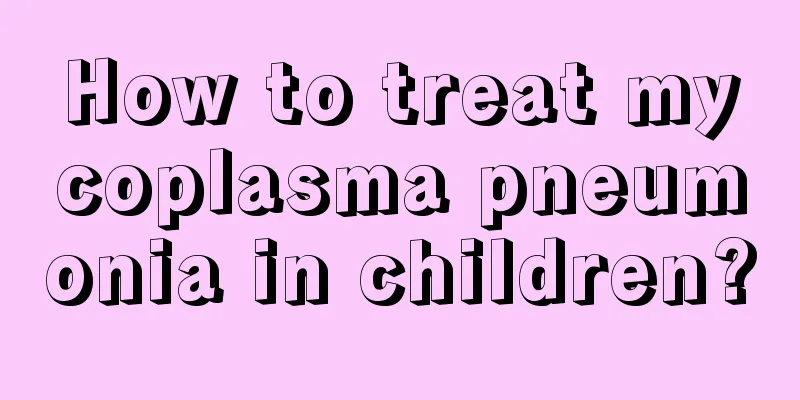What causes measles in babies?

|
There are many causes of urticaria. If there are children at home, parents should pay attention to protecting the baby's skin, because some common things may cause urticaria on the baby's skin. Moreover, after babies suffer from urticaria, their tender skin will form clusters of red rashes, which looks very distressing. Today, we will explain to parents the specific causes of urticaria in babies. Causes of urticaria in infants and young children 1. Insect bites: If your baby is stung by ants or bees, it may induce urticaria. 2. Food allergy: A common cause of urticaria is food allergy. The most likely foods include milk, peanuts, eggs, soy, tree nuts, shellfish and whitefish; foods with added additives and preservatives can also cause hives, in addition to foods high in protein. Some infants and young children may develop urticaria not because they have eaten certain foods, but because they have come into contact with certain foods, such as strawberry juice getting their skin on. 3. Illness: Some babies may develop hives on their skin when they are infected by a virus. Although it is not common, bacterial infection is also possible. 4. Temperature: Cold weather and sudden changes in weather can also cause urticaria. 5. Drugs: The use of antibiotics and some other drugs can also cause urticaria. 6. Other allergens: Irritants such as pollen and dust can also cause urticaria. Symptoms of urticaria in infants and young children When you see some raised areas or swelling on your child's skin, and the child has obvious itching, this is urticaria. Hives usually last for a few hours or a few days. When you are unsure whether your child has urticaria, you should watch for the following symptoms: Small red spots suddenly appear on the skin, 1 to 2 cm wide. These small red spots are also called blisters, usually red or white, and the area around them becomes itchy. The small red spots on the skin will grow larger and merge with others. How to treat urticaria in infants and young children Urticaria is very common among infants and young children. One in five children will develop urticaria, and there are many ways to treat it. 1. Use antihistamines: Once you find that your child has urticaria, give him some antihistamines to prevent further deterioration, usually once every six hours. 2. Use ointment: When you find urticaria on your baby, apply some ointment or aloe juice to relieve the itching. 3. Wear loose cotton clothes: Dress your baby in loose clothes. Tight clothes may cause the child's urticaria to spread. 4. Stay away from allergens: Things that irritate the skin may also cause urticaria. Give your baby a bath to eliminate possible causes. |
<<: What medicine should a six-year-old child take for a sore throat?
>>: What does measles look like in children?
Recommend
How to treat children's heart fire and liver heat
Children are the apple of their parents' eyes...
Why do three-month-old babies sweat on their hands and feet?
Why do three-month-old babies have sweaty hands a...
What to do if your baby picks his nose
Many babies often pick their noses, and many pare...
What are the symptoms of an overexcited baby?
Every parent hopes that their baby can grow up ha...
Causes and treatment of vascular headaches in children
Vascular headache is a common headache in clinica...
How to cook goose eggs for babies
Goose eggs are a kind of food suitable for many p...
Simple method to judge the symptoms of bone fracture in children
Children are lively and active by nature. While p...
What should I do if my child has stomach bloating and fever?
When I was a kid, I thought something tasted deli...
How to identify impetigo
As we all know, impetigo is a common contagious s...
There are white fat particles on the baby's face
Generally speaking, babies' skin is relativel...
What should I do if my child has gastrointestinal dysfunction?
When a baby is just born, the digestive system is...
How can a dark-skinned child become white?
When a child is born, as parents we all hope that...
What to do if children have tracheitis and cough
When a child develops tracheitis, it is easy to d...
What can children supplement to grow taller?
If a child's body lacks certain nutrients, it...
When is the best time to circumcise a child?
Many parents find that their children have foresk...
